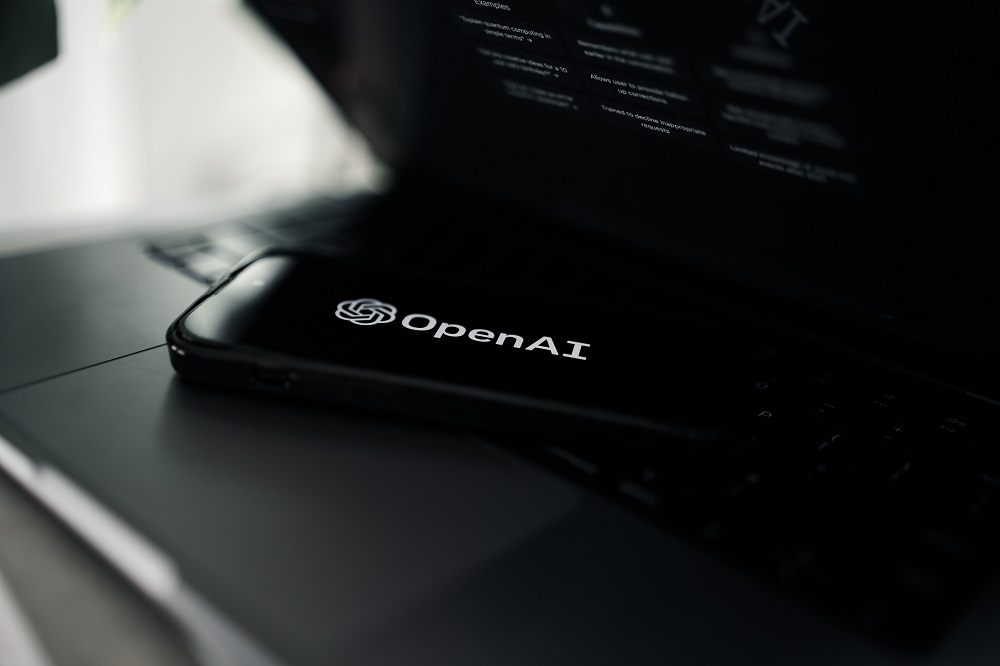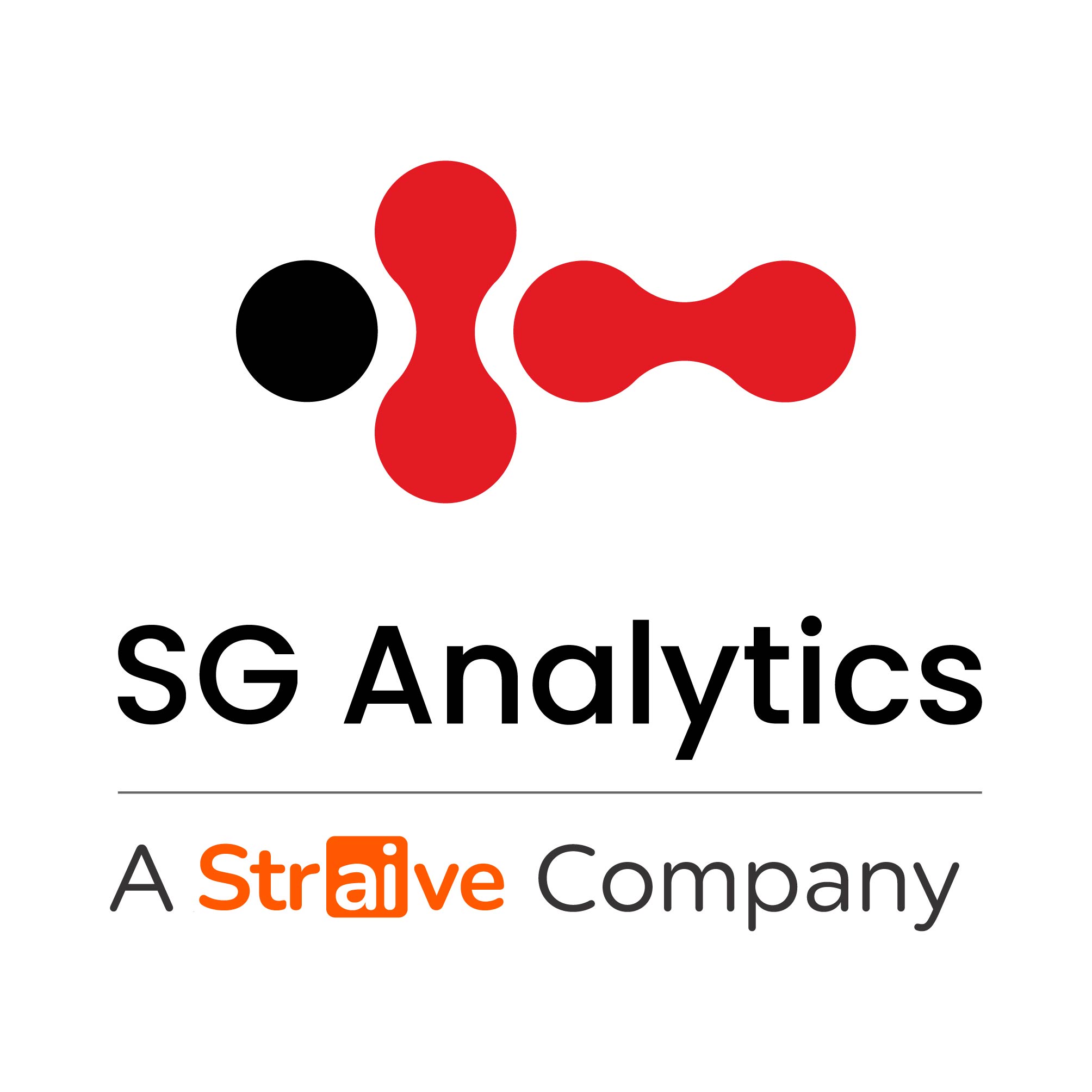ChatGPT is being hailed as a revolutionary tool for business transformation and in altering businesses course to digital transformation as technologies such as artificial intelligence (AI) and machine learning (ML) become extremely relevant in their digital transformation journeys. However, many are calling these journeys a leap in the dark, thereby recognizing the not-so-linear advancement toward a digital world.
What is ChatGPT?
ChatGPT, developed by the San Francisco-based AI company OpenAI, was released to the public in late 2022. The AI-driven chatbot can make conversations and produce responses to diverse prompts and queries. It is also expected to create codes and content that is plagiarism free. Investment in generative AI, as a result, is likely to face unstoppable growth in 2023 and beyond, with companies looking to aggressively invest in AI-related technologies.
Based on the Generative Pre-training Transformer (GPT) architecture, the large language model produces human-like text with the help of deep learning (DL) techniques. For businesses focusing on AI and digital ways of working, ChatGPT offers an easy interface and robust features that assist in automating tasks, improving customer service, and boosting sales.
Read more: The New Buzz in Town: What is ChatGPT and Why Has it Taken the World by Storm?

ChatGPT is unique because it can generate coherent and contextually relevant answers in a human tone. The model is trained on a huge dataset of internet text, or the WebText dataset, to create human-like responses and is adjusted to various language-related activities, such as translating languages, answering questions, and summarizing text. The other intriguing factor about ChatGPT is that it always produces a novel and meaningful solution, whether related to a business strategy or creating software.
How does it work?
Given the contextual meaning of the words, the ChatGPT language model can foretell the next word of a sentence. It has been developed from the GPT-3.5, a language model that is taught to generate text. Enhanced for conversation, ChatGPT uses Reinforcement Learning with Human Feedback (RLHF), or human presentations to direct the model’s behavior.
ChatGPT – The Next Big Thing for Organizations
The revolutionary AI technology is unique because it can understand different languages, computers, and human programming, as well as offers realistic data. Most significantly, it has rekindled the hope for organizations who have been using AI only to manage a set of data to manipulate activities despite its abundant opportunities. Like Kate, Crawford says in her book Atlas of AI, “AI is neither artificial nor intelligent.” Instead, it is being built upon by humans and natural resources to create systems that look autonomous.

Read more: Tech Trends 2023: How is Metaverse Transforming Software Development?
Despite its limited perspective, AI and ML techniques are allowing organizations to gain insights, predict outcomes, improve strategies, and identify repetitive tasks and automate them. As a result, AI use cases have been visible across businesses’ delivery services, management, operations, and planning. In fact, the growing entry to digitally sought data sources and data management capabilities is driving organizations to invest in AI technologies.
ChatGPT and others like the AlphaGo computer program created by DeepMind Technologies, a Google subsidiary, have gone a step further in proving that AI can beat humans or machines can supersede traditional human thinking. In fact, some call the ChatGPT dangerously creative as it produces unlimited answers, both true and false, while others claim that it is uncannily effective software that impersonates humans but requires human supervision and attention to protect people.
Some economists even believe that it should be revoked and re-launched with limits. They state that the technology is released too early, and businesses are unprepared to tackle its consequences.
Benefits to Businesses
ChatGPT offers several use cases to organizations across industries, including:
-
enabling code creation, documentation, and review,
-
developing lists of activities for effective implementation,
-
creating and reviewing reports, addressing complex questions, and pulling from massive legal documents,
-
designing customized marketing, sales, and social media content, such as videos, texts, and images, and building assistants for specific sectors, and
-
fast-tracking drug discovery through enhanced research and discovery of chemical structures and diseases.

ChatGPT Limitations
Generative AI could be a powerful tool in the hands of businesses for accelerating their digital transformation initiatives. However, this zero-cost technology requires regulations as several ethical and practical issues lie ahead.
Some limitations associated with ChatGPT are:
-
lack of qualitative answers,
-
involuntary replies to queries and prompts,
-
inappropriate content,
-
the presence of unnecessary biases in the data,
-
plagiarism and absence of intellectual property rights to an idea or design, and
-
the unpreparedness of organizations to adapt to the technology (i.e., lack of computing power, technical know-how).

Read more: 2023 Outlook: Ways Marketing and Advertising will Change for the Better
What’s Next in the Digital Transformation Journey?
The ChatGPT model is a game-changer for AI and appears to be a valuable tool for organizations looking to advance their digital transformation journeys. However, both individuals and organizations will have to work out the knots to extract the true potential of the software in streamlining and fast-tracking processes. Most significantly, businesses will have to confront new challenges that ChatGPT and other related technologies bring with them to move ahead toward a digital future.
Additionally, businesses are yet to explore the long-term implications of this highly knowledgeable and creative tool. In fact, despite 2022 being a year of AI innovations, many AI stocks witnessed a drop in their share values due to soaring inflation and other macroeconomic factors. The year also experienced rash layoffs in the tech sector, with the largest of companies reporting a drop in value.
Therefore, it appears to be a challenging year ahead for the tech industry as a whole, despite significant breakthroughs like ChatGPT and DALL-E 2. These tools, as a result, will now have to be monitored to progress from business and legitimate perspectives.
With a presence in New York, San Francisco, Austin, Seattle, Toronto, London, Zurich, Pune, Bengaluru, and Hyderabad, SG Analytics, a pioneer in Research and Analytics, offers tailor-made services to enterprises worldwide.
A leader in the Technology domain, SG Analytics partners with global technology enterprises across market research and scalable analytics. Contact us today if you are in search of combining market research, analytics, and technology capabilities to design compelling business outcomes driven by technology.

